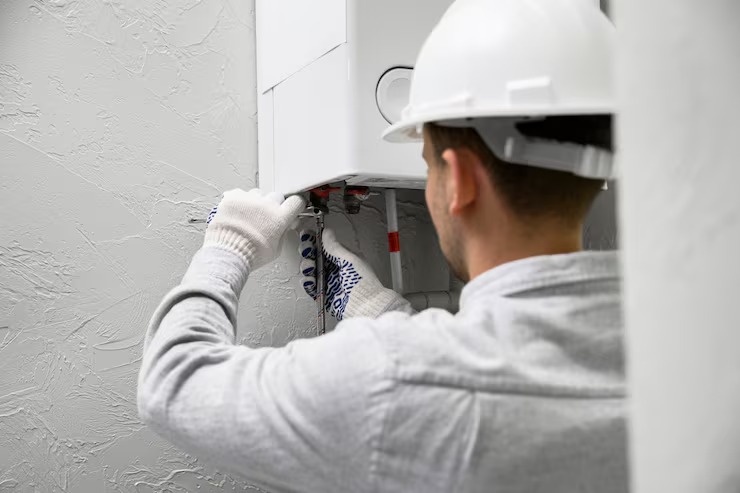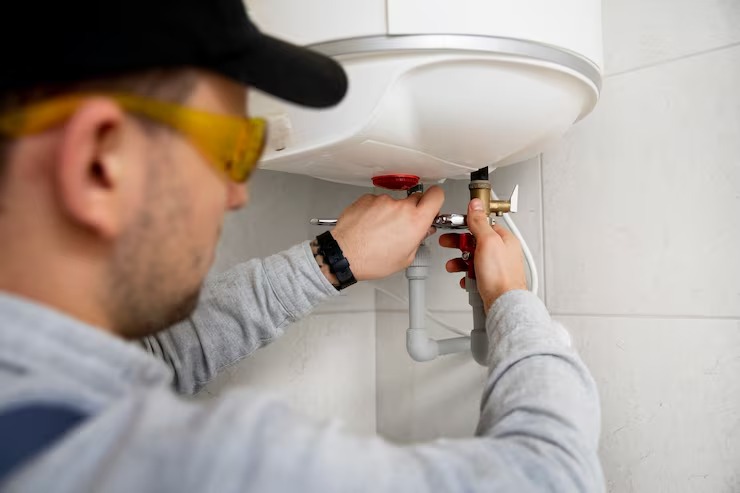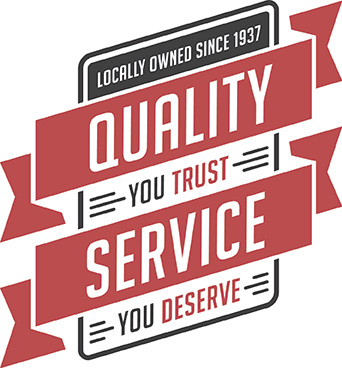Choosing the right system for your boiler installation is an important step in ensuring consistent comfort and energy efficiency in your home or business. Whether you’re upgrading an outdated unit or starting from scratch in a new property, the boiler you select will impact your heating performance and utility bills for years to come. With a range of options—such as combi, system, or conventional boilers—it’s essential to consider factors like building size, hot water demand, fuel type, and budget.
A well-planned boiler installation provides more than just warmth; it offers reliability and long-term value when tailored to your specific needs. This guide will help you understand what to look for, so you can make an informed decision and work with professionals who install your system properly the first time.
Understand the Types of Boilers Available for Your Property
Before starting your boiler installation, it’s important to understand the different types of systems available. The most common options are combi boilers, system boilers, and conventional (or regular) boilers. Combi boilers are compact and provide both heating and hot water without needing a storage tank, making them ideal for smaller homes. System boilers require a separate cylinder for hot water but no water tank, offering better pressure and efficiency for larger households.
Conventional boilers, which use both a hot water cylinder and a cold-water storage tank, are best suited for properties with existing traditional heating systems. Knowing which type suits your space, water usage, and future plans can make a significant difference in comfort and cost-efficiency. Matching the boiler type to your property needs is the foundation of a successful boiler installation, so this decision should be made carefully with the help of a knowledgeable professional.

Evaluate the Size and Heating Demand of Your Home
Choosing the right boiler size is a key part of a successful boiler installation. The size of your home, number of bathrooms, insulation quality, and daily hot water usage all play a major role in selecting the proper capacity. A boiler that’s too small will struggle to keep up, resulting in cold spots and inconsistent hot water. On the other hand, an oversized boiler may waste energy and lead to higher utility bills.
A heating professional can perform a heat loss calculation to determine the ideal output for your system. This ensures that your boiler can efficiently meet demand without unnecessary strain or cost. Proper sizing is critical to getting the best performance and lifespan from your heating system. By taking time to evaluate your household’s heating requirements, you’ll make smarter choices that lead to long-term comfort and energy savings through a well-planned boiler installation.
Consider Fuel Type and Long-Term Operating Costs
Another important factor in your boiler installation decision is the type of fuel the system will use. Common options include natural gas, propane, oil, and electricity. Each fuel type has its own advantages depending on availability, cost, and environmental impact. For instance, natural gas boilers are widely used due to their affordability and reliability, while oil boilers are common in areas without gas access. Electric boilers are cleaner but may be more expensive to operate depending on electricity rates in your region.
Understanding long-term operating costs is just as important as the upfront installation price. You should also factor in the efficiency rating of the boiler, as higher-efficiency models can significantly reduce monthly utility bills. The right choice depends on your location, budget, and heating preferences. Taking all of these into account will help you choose the best fuel source and ensure a cost-efficient boiler installation for years to come.
Look Into Energy Efficiency Ratings and System Performance
Efficiency matters when it comes to boiler installation, especially if you want to minimize your environmental impact and lower energy costs. Boilers are rated by their Annual Fuel Utilization Efficiency (AFUE), which measures how effectively they convert fuel into heat. High-efficiency boilers typically have an AFUE of 90% or higher, meaning they lose very little energy in the heating process. Choosing an energy-efficient boiler not only benefits the environment but also leads to noticeable savings on your monthly heating bills.
Modern condensing boilers, for example, capture and reuse heat from exhaust gases, making them a smart choice for eco-conscious homeowners. Beyond efficiency ratings, it’s essential to evaluate how well a system can maintain comfortable indoor temperatures during peak usage. A reliable, high-performance unit will consistently meet your home’s heating needs without overworking itself. Investing in energy efficiency ensures your boiler installation pays off over time in comfort and savings.
Factor in Installation Requirements and Space Limitations
The layout of your home plays a big role in planning a boiler installation. Certain boiler types, such as conventional or system models, require additional components like storage tanks or cylinders, which may not fit easily in smaller properties. Combi boilers are more compact and often favored for apartments or homes with limited space. In addition to physical dimensions, access to the installation area matters—installers need room to maneuver equipment and make proper connections.
Venting, pipework, and drainage systems may also need to be modified depending on the model you choose. Discuss these logistical details with your installer to avoid unexpected complications. Ignoring spatial and structural limitations can lead to delays, extra costs, or even the need to change the boiler type entirely. Being aware of installation requirements from the start helps you make practical choices and ensures your boiler installation goes smoothly from beginning to end.
Compare Warranty Coverage and Manufacturer Reputation
When investing in a new heating system, warranty coverage should be a priority in your boiler installation decision. Most boilers come with a manufacturer warranty that covers parts for a specific period, often ranging from 5 to 10 years. Some brands also offer extended warranties when the system is installed by certified professionals. A good warranty gives you peace of mind and protects you against unexpected repair costs in the early years.
Equally important is the reputation of the boiler manufacturer. Well-established brands with strong customer support and proven durability are more likely to honor warranty claims and deliver dependable performance. Choosing a reputable manufacturer and understanding what your warranty includes helps ensure your boiler remains in top condition. Taking time to compare warranty details can prevent future headaches and support a successful boiler installation that delivers value and reliability over the long term.

Work with Certified Professionals for Safe Installation
Safety and quality should never be compromised during a boiler installation. Hiring certified and experienced professionals ensures that the system is installed to meet safety codes and manufacturer specifications. Boilers involve gas, electricity, and pressurized water—components that require technical expertise to handle properly. A licensed installer will perform the necessary safety checks, test system functionality, and ensure the installation complies with local regulations.
Improper installation can lead to inefficiencies, gas leaks, or even carbon monoxide risks, putting your home and health in danger. Certified technicians also provide valuable guidance in selecting the right system, optimizing efficiency, and setting up maintenance schedules. Working with professionals not only safeguards your investment but also extends the lifespan of your new boiler. Always verify licensing, training, and credentials before scheduling the job. Choosing the right installer is just as important as selecting the equipment when it comes to a successful boiler installation.
Plan for Long-Term Maintenance and System Care
A proper boiler installation isn’t the end of your heating journey—it’s the beginning of a long-term commitment to system care. Regular maintenance is essential to keep your boiler running efficiently, safely, and reliably. Annual servicing by a qualified technician helps prevent small issues from becoming costly repairs, ensures consistent performance, and protects your warranty.
Maintenance tasks may include checking pressure levels, inspecting valves, cleaning internal components, and testing safety systems. Some companies offer maintenance plans that make it easier to stay on schedule and extend the life of your boiler. Neglecting routine service can lead to decreased efficiency, higher energy costs, or complete system failure. By planning for long-term maintenance from the start, you maximize the benefits of your boiler installation and enjoy years of consistent comfort. Reliable heating depends not only on choosing the right system but also on how well it’s cared for over time.
Conclusion
Choosing the right system for your boiler installation is essential to ensuring dependable heating, long-term efficiency, and comfort throughout the colder months. From selecting the appropriate boiler type to working with certified professionals and planning for ongoing maintenance, every step plays a vital role in the success of your installation. At Goff Heating & Air Conditioning, we specialize in helping homeowners in South Bend, Indiana make the best choices for their heating needs.
Our experienced team offers expert guidance, quality workmanship, and reliable support from start to finish. Whether you’re upgrading your current system or installing a boiler for the first time, we’re here to help. Call us today at 574-319-1565 to schedule your consultation with Goff Heating & Air Conditioning—your trusted partner for professional, efficient, and long-lasting boiler installation service.


